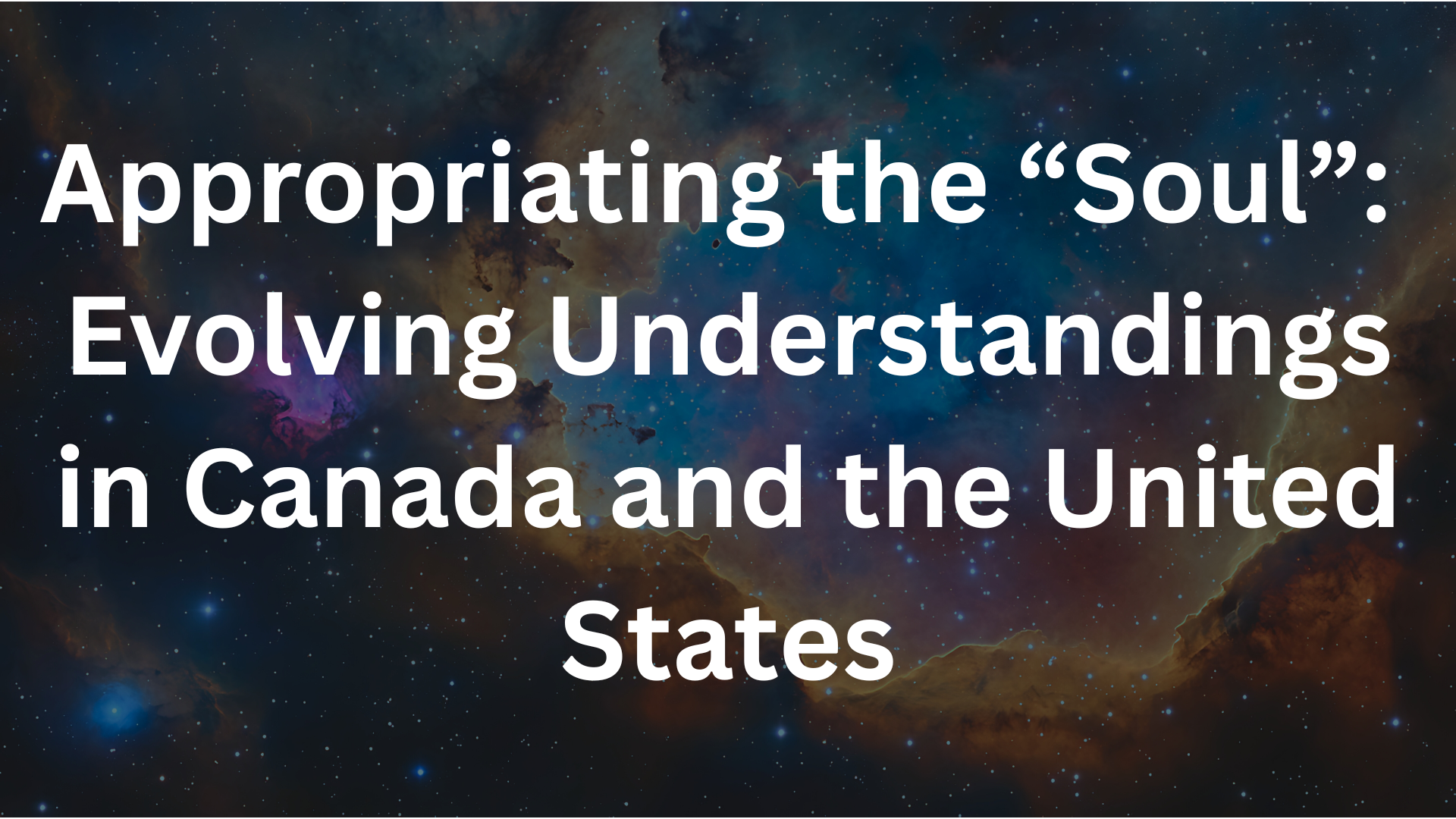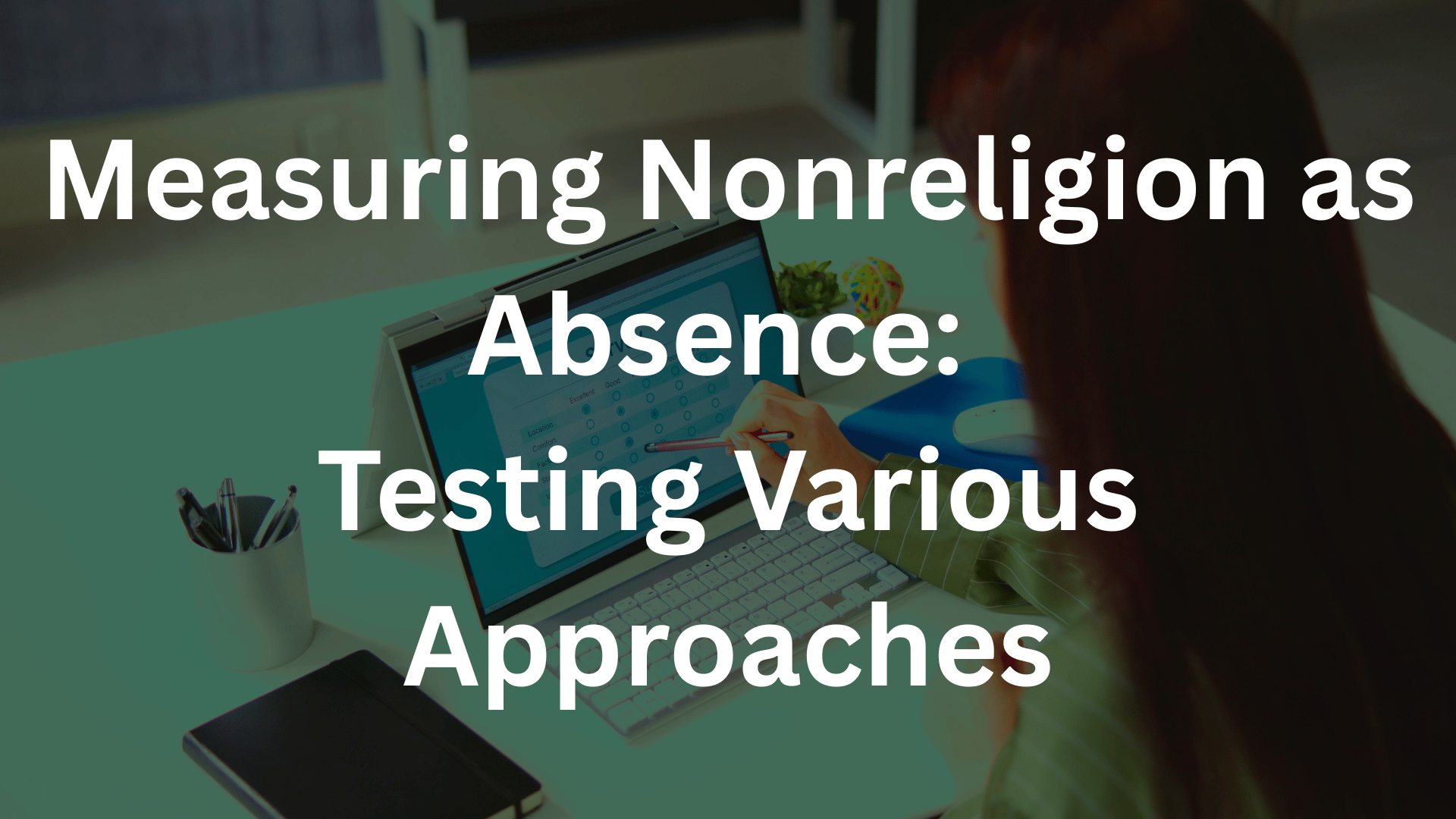Much of what we know about nonreligious people focuses on what they lack. That is, we know about what nonreligious people don’t do and don’t believe. For example, they don’t (often) go to church and they don’t (often) believe in God. But what do they do? What do they believe? We think that there is a positive or substantial content to nonreligion – something that is more than just an absence. But we need the right research tools to measure it. This is what our survey aims to achieve.
Is nonreligion just an absence?
How does the research work?
The survey was fielded in all 8 project countries (Argentina, Australia, Brazil, Canada, Finland, Norway, the US, and the UK) and data collection is now complete. We are just beginning to analyze the data, but plan to dig deeper into the data in the coming months. The survey asks about people’s personal, cultural, and social values, including attitudes and behaviours on ethical questions, and orientations towards politics, science, law, education, and life’s meaning. The survey also examines people’s involvement with religion, spirituality, and their identification with nonreligious labels such as atheism, agnosticism, or humanism. We have collected a sample of approximately 1,000 responses in each of the countries.

What are we finding so far?
Analysis of the results from the international survey are still underway, but we have tentative findings from a pilot study that we ran in Canada in 2021. This had a small sample size, so it is difficult to draw strong conclusions from it. Nonetheless, we have seen some interesting preliminary results that build upon previous findings. Our results suggest that the nonreligious have a strong left-leaning position on political and social questions. The overwhelming majority supports policies like universal basic income, higher taxes for the rich, access to abortion, and same-sex marriage. They also possess concern for the environment and an orientation to helping others in need. But there are also differences between our respondents, particularly regarding questions about whether there are absolute truths, how much is knowable, and whether life has meaning. On these issues we see diversity within the nonreligious population.
These results are only tentative, but with a larger sample size in the international survey, we will be able to learn much more about the nonreligious population.
Who is involved?
This project is led by: Peter Beyer, Inger Furseth, Ryan Cragun
Working group members: Douglas Ezzy, María Eugenia Funes, Jacob Legault-Leclair, Iriana Sartor, Helena Manfrinato, Dana Gaudette, Al Hay, Sarah Wilkins-Laflamme, Kati Tervo-Niemelä, Sivert Urstad, Hugo Rabbia
Results and Publications
Dana Gaudette, Ryan T. Cragun, and Lori G. Beaman, “Appropriating the ‘Soul’: Evolving Understandings in Canada and the United States,” Canadian Review of Sociology (2025)
Abstract
Noting a disconnect in the percentage of Canadians and Americans who believe in a soul (75.37% and 84%, respectively) versus those who believe in an afterlife (47.64% and 57.04%), we explore the variables that are correlated with soul belief to better understand how people from these two countries may be conceptualizing the soul. Based on quota samples of just over 1000 individuals from each country, we find that religiosity is not a consistent predictor of believing in a soul, that Christians are more likely to believe in a soul than are those from other religions and the nonreligious, and that holding other supernatural beliefs (e.g., reincarnation, miracles, etc.) increases the odds of believing in a soul. But we also find that there are individuals in both countries who hold no supernatural beliefs yet report believing in a soul, which suggests that what is meant by “soul” is not exclusively supernatural but rather that the term “soul” is evolving in light of changing and declining religiosity in both countries.
Ryan T. Cragun, Hugo H. Rabbia, Sivert Skålvoll Urstad, and Peter Beyer, “Measuring Nonreligion as Absence: Testing Various Approaches,” Secularism and Nonreligion (2025)
Abstract
We examine the strengths and weaknesses of different “absence measures” scholars use to classify individuals as religious or nonreligious. Drawing on a novel dataset with data from eight countries (Argentina, Australia, Brazil, Canada, Finland, Norway, the UK, and the USA), we analyze how many people would be considered nonreligious based on four common measures: religious affiliation, religious service attendance, belief in a monotheistic god, and self-reported religiosity. We find that different measures lead to substantially different estimates of the number of nonreligious people in a country. The single measure that identifies the highest percentage of nonreligious people is never attending religious services, while the measure that identified the lowest percentage was those who report they are not at all religious. We also show that self-reported religiosity is a stronger predictor of attitudes toward religion than the other measures. Our findings suggest that scholars need to consider carefully the implications of using different measures of nonreligion, as this decision can have a meaningful impact on research findings.
Dana Gaudette, Ryan T. Cragun, and Sivert Skålvoll Urstad, “A Disparity in Soul and Afterlife Beliefs: Exploring Cultural Perspectives and Predictors in Nordic Countries,” Nordic Journal of Religion and Society (2025)
Abstract
Sivert Skålvoll Urstad (2025). Interviewed for “Et flertall i Norge tror vi har en sjel” [A majority in Norway believe we have a soul]. Forskning.no. February 13.
Dani Gaudette (2024). “The Soul in a Secular World: Investigating a Discrepancy in Beliefs.” Nonreligion and Secularity Research Network Blog, September 30.
This article analyzes findings from the NCF’s Cultural and Social Values Survey in Finland and Norway, and shows how, paradoxically, many people believe in souls, but not necessarily in an afterlife.
Members from the Cultural and Social Values Survey project presented early findings at the Association for the Sociology of Religion annual meeting in Montreal on August 10-11, 2024, in two panels.
The panel on “Beliefs and Lifestances of the Nonreligious” featured the following presentations: Sarah Wilkins-Laflamme (University of Waterloo) and Lauren Strumos (University of Ottawa), “Distinct Nonreligious Views on the Environment”; Kati Tervo-Niemelä (University of Eastern Finland), “ ‘I love the nature and I am ready to act’: Non religion, religion and nature activism”; Hugo H. Rabbia (National University of Córdoba) and Juan Marco Vaggione (National University of Córdoba), “Fuzzy classifications: (non-)religious identifications, practices and beliefs in Argentina”; and Dani Guadette (University of Tampa) and Ryan T. Cragun (University of Tampa), “A Disparity in Soul and Afterlife Beliefs: Exploring Cultural Perspectives and Predictors in Nordic Countries.”
The panel on “Nones: Growth, Change, and Enhanced Understandings” featured the following presentations: Gregory Smith (Pew Research), “An update on religious ‘nones’ in the U.S.”; Peter Beyer (University of Ottawa), “Nonreligion and Migration: Results from a Multinational NCF Survey”; Alastair Hay (Hay Research), “A ‘Worldviews Framework’: A Gateway to a Better Understanding of Religious ‘Nones’ in Canada?”; and Ryan Cragun, (University of Tampa), “Estimating Membership and Participation in Organized Secular Groups in Eight Countries.”





